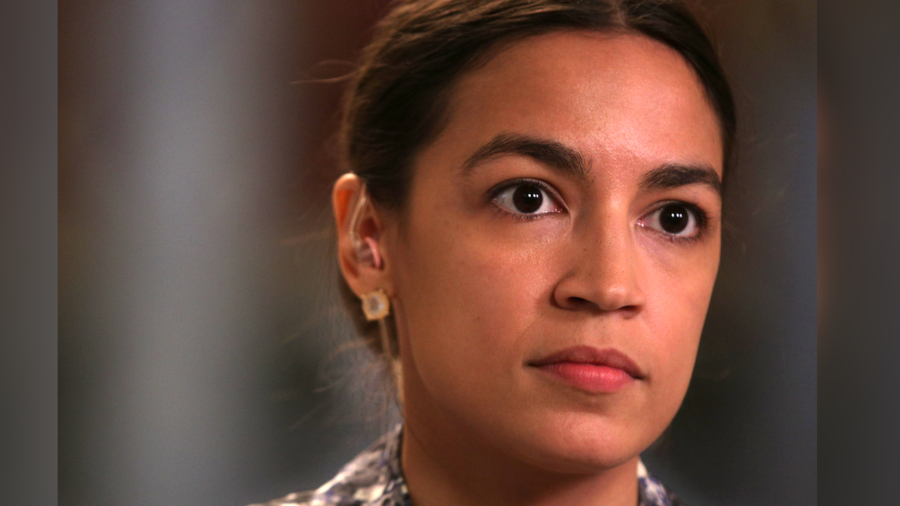Alexandria Ocasio-Cortez was the second U.S. lawmaker to dubb Bolivia’s recent change of powers as a coup, condemning the opposition forces.
Ocasio-Cortez took to Twitter on Monday evening, labeling Bolivia’s president Evo Morales’ resignation “a coup,” the same way the prodigal president described it himself.
“What’s happening right now in Bolivia isn’t democracy, it’s a coup.” she wrote to Twitter. “The people of Bolivia deserve free, fair, and peaceful elections – not violent seizures of power.”
What’s happening right now in Bolivia isn’t democracy, it’s a coup.
The people of Bolivia deserve free, fair, and peaceful elections – not violent seizures of power.
— Alexandria Ocasio-Cortez (@AOC) November 11, 2019
The word “coup” has become a litmus test nowadays for defining who is with or against Morales’s Movement for Socialism (MAS).
Not only did AOC designate it a coup, Mexican President Andrés Manuel López Obrador used the term, as well as Venezuela’s President Nicolás Maduro, Argentina’s President-elect Alberto Fernández, Cuba’s President Miguel Díaz-Canel, and Uruguay’s President Tabaré Vázquez.
Congresswoman Rep. Ilhan Omar (D-Minn.) set the trend. Ocasio Cortez and Bernie Sanders followed suit.
Bernie Sanders said on Twitter: “I am very concerned about what appears to be a coup in Bolivia, where the military, after weeks of political unrest, intervened to remove President Evo Morales. The U.S. must call for an end to violence and support Bolivia’s democratic institutions.”
I am very concerned about what appears to be a coup in Bolivia, where the military, after weeks of political unrest, intervened to remove President Evo Morales. The U.S. must call for an end to violence and support Bolivia’s democratic institutions.
— Bernie Sanders (@BernieSanders) November 11, 2019
President Trump had another take on the events, saying in a statement: “After nearly 14 years and his recent attempt to override the Bolivian constitution and the will of the people, Morales’s departure preserves democracy and paves the way for the Bolivian people to have their voices heard.
“The United States applauds the Bolivian people for demanding freedom and the Bolivian military for abiding by its oath to protect not just a single person, but Bolivia’s constitution.”
Trump noted, “We are now one step closer to a completely democratic, prosperous, and free Western Hemisphere.”
Veteran socialist Morales, 60, was a former llama herder and coca leaf farmer and had previously been championed by some leftists for nearly halving the poverty rate and bringing steady economic growth to Bolivia during his early years in office. He did so by nationalizing Bolivia’s abundant natural gas reserves in 2006.

However, he stepped down from his post on Nov. 10 in an undisclosed location amid mass protests and his losing the support of the police and military.
He was being criticized for manipulating Bolivia’s laws and its 2009 Constitution so that he could run for president a fourth time.
His party had tried to overturn the ban, but failed in a 2016 referendum. However, he still ran by having the country’s Supreme Tribunal of Justice declare term limits invalid under a 1969 international treaty.
Amid the ongoing violent protests, a report was released by the Organization of American States (OAS) on Nov. 10 that said it had found serious irregularities during an audit of the presidential election vote.
Following his resignation, Morales, Bolivia’s first indigenous president, took to Twitter where he accused opposition leaders Carlos Mesa and Luis Fernando Camacho of instigating a “coup” against him.
Epoch Times reporters Petr Svab, Katabella Roberts, and Jack Phillips, and Reuters contributed to this report.


